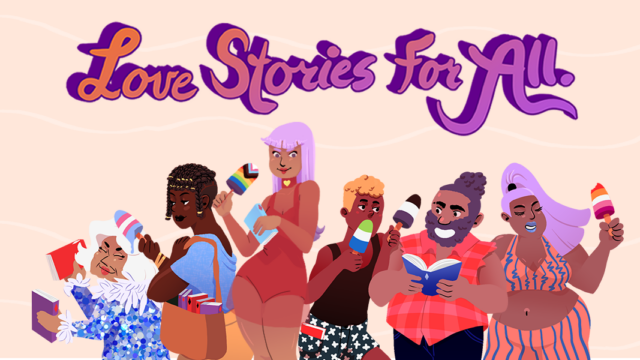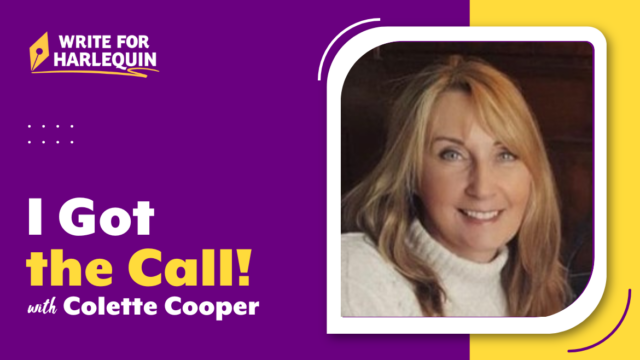
Write for Harlequin wants to get Back to Basics! Join us over the next month for a series of posts on romance-writing fundamentals. Whether you want tips on creating characters and conflict or polishing your plotting, this Back to Basics blog series has you covered.
By Deirdre McCluskey
When assessing romance submissions, there are a few writing problems editors see frequently, such as slow pacing, cliched settings or weak romantic conflict. But one thing is often at the root of all these issues: underdeveloped characters.
Without well-developed main characters, a story will feel predictable and dull even if the premise is original and the plot packed with non-stop action. Having real, relatable and complex characters brings tried-and-true tropes to life and adds drama and emotional weight to your romance.
Here are five questions to ask yourself as you start thinking about your characters.
1). Goal: What does your character want?
For an engaging romantic conflict, your main characters should have a goal outside the relationship that’s put at risk by the romance. Preferably, this should be an active goal, not just the desire to avoid pain or inconvenience. “I don’t have time for love”, and “But I live in another city!” are low-stakes obstacles. The characters can just fall in love and change their minds. (And since this is a romance, we know they will!)
Your main characters’ goals should be so important to them that falling in love with each other would be a disaster. This is why when characters are at a crossroads at the beginning of the story, (returning home after losing a job or ending a relationship, for example) the journey lacks drama. Your mains should be fixed on their goals, resistant to change, and then forced to make a choice.
2). Motivation: Why do they want it?
Whether your character wants to save the family ranch, win the dog show with their prize Pomeranian or become Hairstylist of the Year, it’s their reason for wanting it that adds emotion to the romantic conflict and makes the reader want to go along for the ride as the characters are forced make tough choices.
Your character’s motivation could be as universal as fear of rejection or loss, but it should feel specific to their goal. (“If Max and I win the dog show, Mom will never make fun of my obsession with Pomeranians again!”)
Your protagonist might not understand their own motivations, but you should.
3). What’s their history?
Where did they grow up? How many parents and siblings did they have? What were the seminal experiences that shaped their fears, dreams and accomplishments? Try writing a full character backstory or profile. Even if only some details make it into the story, when you know your characters intimately, it’ll shine through on the page.
4). What do they look like?
One of the great pleasures of reading is being dropped into a world that feels as real as the one we live in. Flesh and blood characters are essential to that experience. Is your character tall and awkward? Petite, round and graceful? Do they have an unusual bump in the bridge of their nose, piercing eyes, and a ridiculous laugh?
Even being exceptionally beautiful affects a person. If you choose to give your heroine long flowing hair and violet eyes, and your hero a chiseled body and velvety lashes, how does that influence their image of themselves and others?
5). How do they interact with the world?
How do your characters treat their family and friends? Do they tip their servers generously, soothe babies and befriend dogs? Do they relax in a Bauhaus chair or on a rumpled leather couch? Listening to Ariana Grande or Gregorian chants? Or both? Observing and portraying the details breathes life into your characters.
People are multidimensional and complicated, but they also change over time as they learn from their experiences. That change is the character arc and the heart of your story. Author Vicki Essex notes in her wonderful post about building complex characters, the story arcs of the main characters “result directly in their happy-ever-after. For example, if your hero is trying to get over a past betrayal, then his arc must take him from unforgiving to forgiving. If your heroine is afraid of disappointment, then she must come to terms with life’s many twists and turns and find a deeper understanding of why she is afraid, and what made her feel that way.”
So, think deeply about your characters. Give them a problem to solve and show the reader how they change on their journey to solve it, and you will have a compelling, relatable and emotional book.



